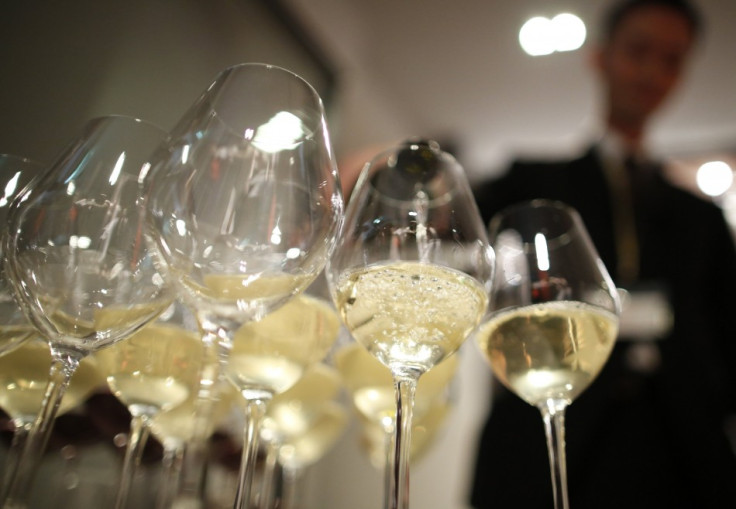Robot With Artificial Tongue Can Appreciate Fine Wine Better Than Humans

There's a robot in Denmark that can tell you the difference between a Cabernet Sauvignon and Cabernet Franc.
Researchers at Arhaus University in Denmark have developed an artificial tongue that can discern the taste and quality of wine, perhaps more effectively than even the finest critic.
Based on research from the American Chemical Society, the tongue uses an optical nanosensor based on surface plasmon resonance to determine how people would experience the sensation of dryness in wine.
This nanosensor can also judge the way in which the tannins impact the human flavour sensors.
But, many may argue, taste is a human experience, something that a robot cannot understand.
Well, maybe.
But Aarhaus University believes the objectivity of a robot's tastebuds is, in fact, more effective at interrogating the quality of wine than a humans. The technology can tell you definitively how sharp the wine tastes by measuring the molecules in your mouth.
Researcher Joana Guerreiro told TechCrunch: "The sensation arises because of the interaction between small organic molecules in the wine and proteins in your mouth. This interaction gets the proteins to change their structure and clump together. Until now, the focus has been on the clumping together that takes place fairly late in the process.
With the sensor, we've developed a method that mimics the binding and change in the structure of the proteins, i.e. the early part of the process. It's a more sensitive method, and it reproduces the effect of the astringency better."
The technique is not new, but the way in which the Danish scientists are using it – to measure an effect – is.
Arhaus University says on its website that this tech can be used beyond just tasting wine; it can also serve the development of targeted medicine.
"The sensor can be used for diagnostic purposes. It could possibly be helpful for discovering and even preventing diseases," says Duncan Sutherland, research director for the study.
© Copyright IBTimes 2025. All rights reserved.






















